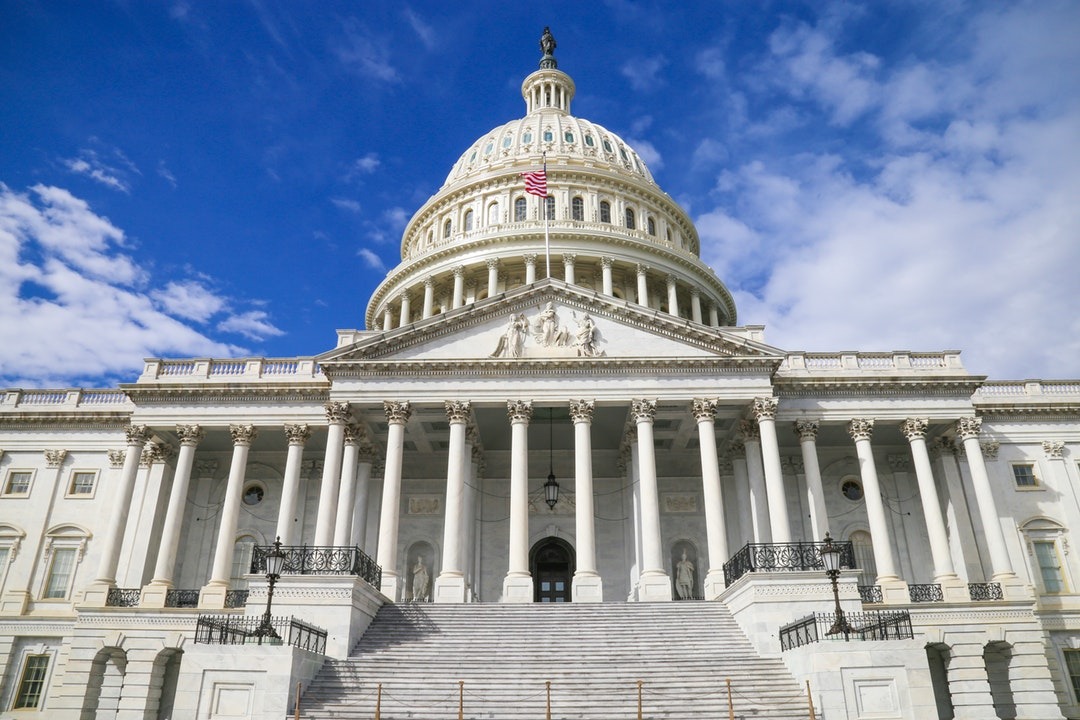A trio of Democratic Senators have unveiled a new bill dubbed the Safe Tech Act that would fundamentally change Section 230 and could make internet companies with any monetization at all liable for user-generated content.
The proposed legislation, introduced by senators Mark Warner, Mazie Hirono, and Amy Klobuchar, makes several key changes to Section 230 of the Communications Decency Act, which currently shields internet companies from liability for user-posted content.
One of those changes is an alternation of the core language of Section 230 that could strip protections in situations where payments are involved — whether the provider or user has accepted payment to make the speech available, or has funded the creation of the speech in any way, including ads served in the content. In a tweet, Sen. Warner said that online ads are "a key vector for all manner of frauds and scams."
It could also affect paid services and premium hosting platforms like Substack or Patreon, too. Under the current language of the proposal, companies could be held liable for harmful content if any ads from any provider are displayed, not just abusive ones.
The new legislation also opens the door for internet companies to be held liable in situations of cyberstalking, targeted harassment, and discrimination.
Specifically, the Safe Tech Act would create a carve-out that would allow individuals to file lawsuits against companies if the material they host can cause "irreparable harm." It would also allow lawsuits for human rights abuses overseas.
The legislation also won't impair the enforcement of civil rights, antitrust, talking, harassment, or intimidation laws.
"The SAFE TECH Act doesn't interfere with free speech - it's about allowing these platforms to finally be held accountable for harmful, often criminal behavior enabled by their platforms to which they have turned a blind eye for too long," said Sen. Warner in a tweet.
The SAFE TECH Act doesn't interfere with free speech - it's about allowing these platforms to finally be held accountable for harmful, often criminal behavior enabled by their platforms to which they have turned a blind eye for too long. (1/8)https://t.co/Q1bGydU44N
— Mark Warner (@MarkWarner) February 5, 2021
There are already some criticisms of the legislation, including from Democratic Sen. Ron Wyden — one of the original authors of Section 230.
"Unfortunately, as written, it would devastate every part of the open internet, and cause massive collateral damage to online speech," Sen. Wyden told TechCrunch. "Creating liability for all commercial relationships would cause web hosts, cloud storage providers and even paid email services to purge their networks of any controversial speech."
Section 230 has been a target of criticism from both Democrats and Republicans in recent years. Although both sides of the aisle have different goals in mind, Democratic and Republican lawmakers have both signaled that they would like to see the protections reformed.
 Mike Peterson
Mike Peterson




-xl-m.jpg)


-m.jpg)






 Wesley Hilliard
Wesley Hilliard
 Christine McKee
Christine McKee
 Amber Neely
Amber Neely
 William Gallagher
William Gallagher
 Malcolm Owen
Malcolm Owen

 Mike Wuerthele
Mike Wuerthele









26 Comments
I recall an AI admin saying that they would probably abolish these forums if 230 was revoked. Can one of them chime in here to say whether that's still true under this change?
This edit to 230 is likely unconstitutional, as it means that the government would passing a law that would require companies to limit free speech. Prior restraint of free speech is exactly what the 1st Amendment protects from. 230 as written now furthers the first amendment, any re-write like this will likely run afoul of SCOTUS pretty quickly (whether or not it is conservative) as they have been usually unanimous on 1st amendment protections being very widely interpreted.
it's an interesting way to attack free speech...while the government themselves wouldn't be punishing someone for what they said, which would be a direct violation of free speech, they would be punishing the people who created the platform that people are speaking from. They're basically telling these site owners that either you shut them up or we're coming for you and where's the line of enforcement stop? can AppleInsider be punished because a user went full on HAM calling for violence on another site and also implied it here without directly saying it, guilty by association.